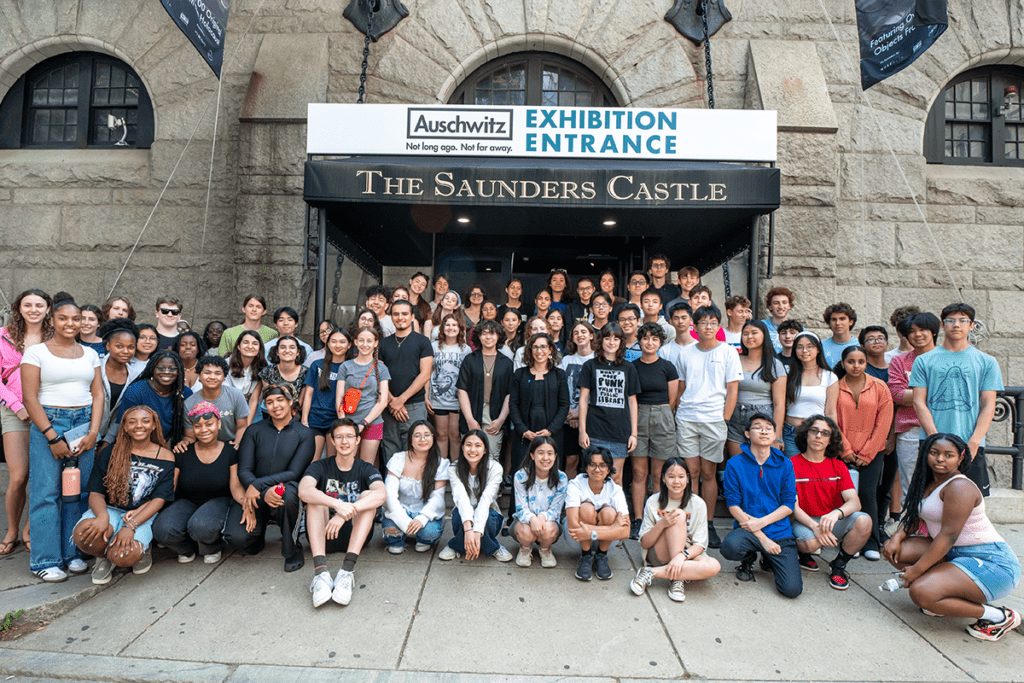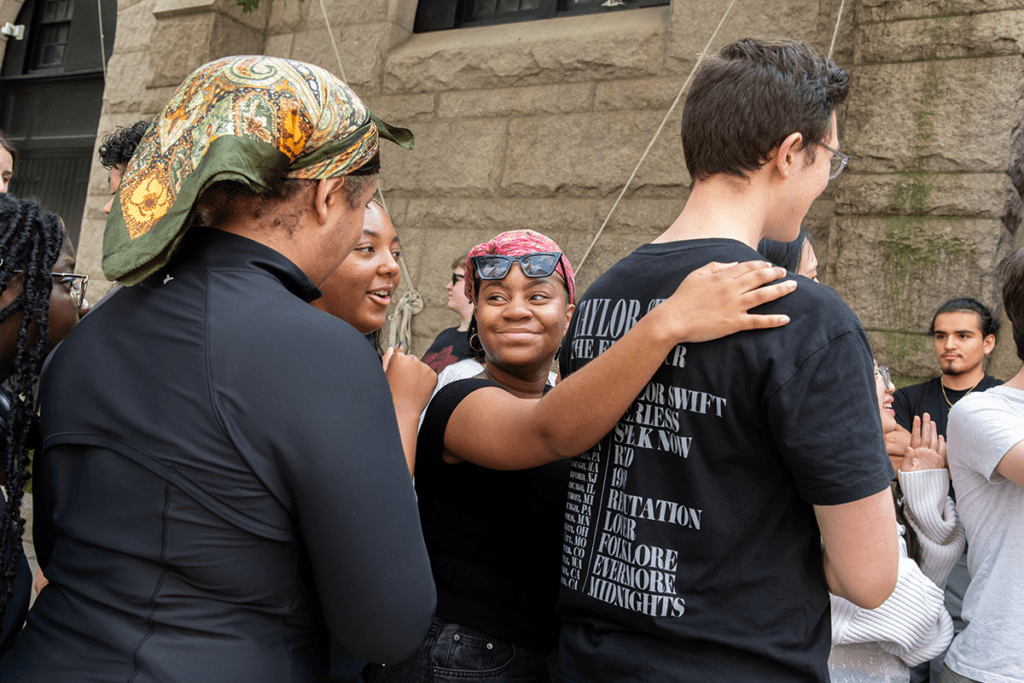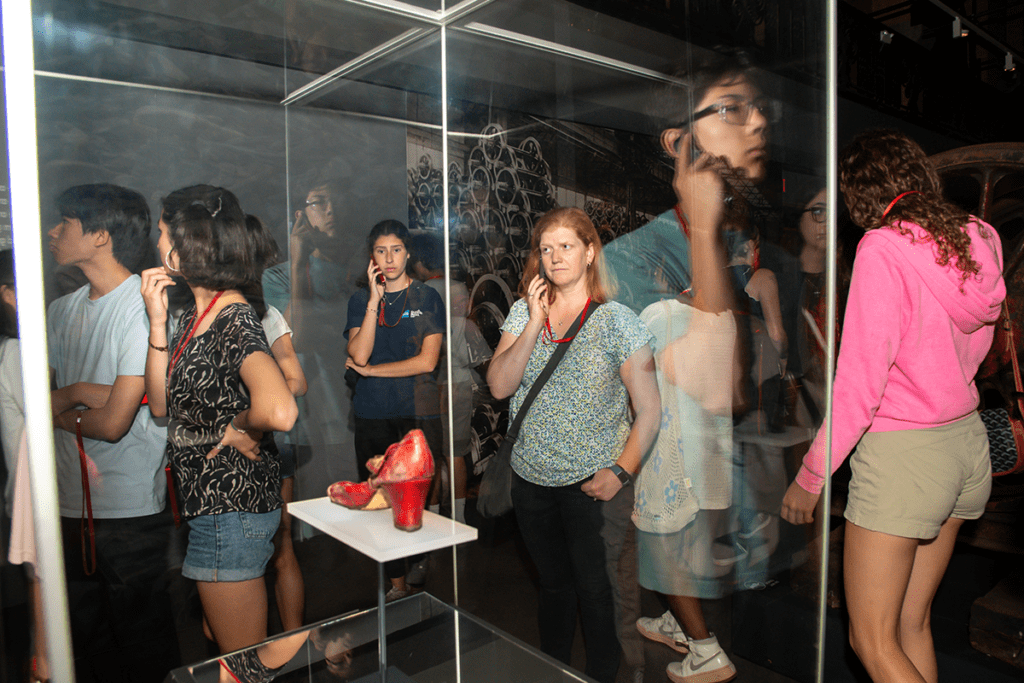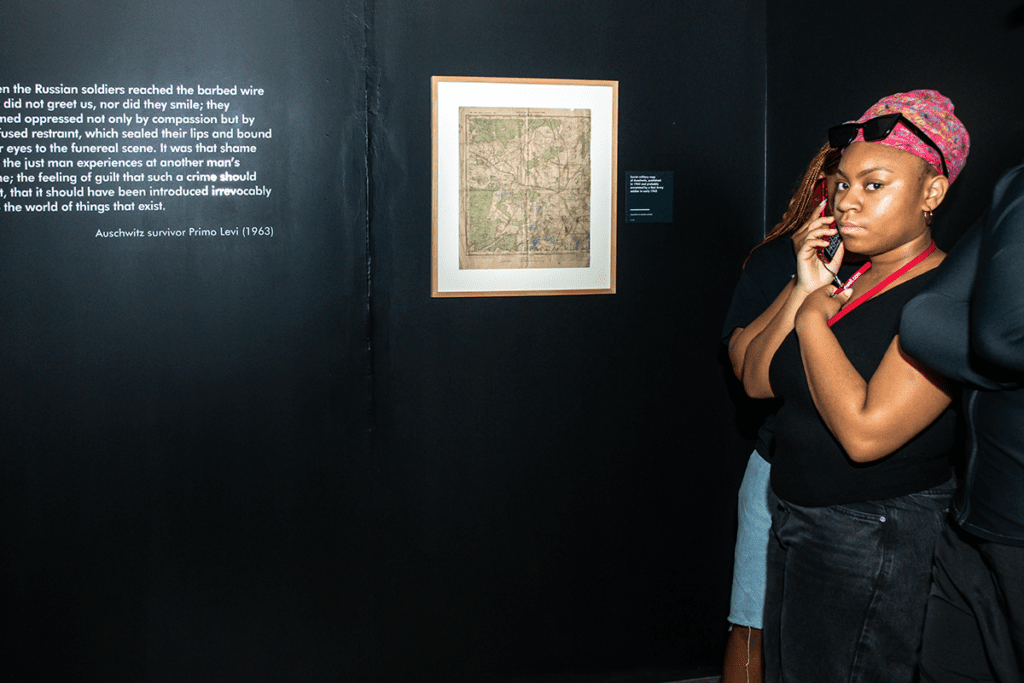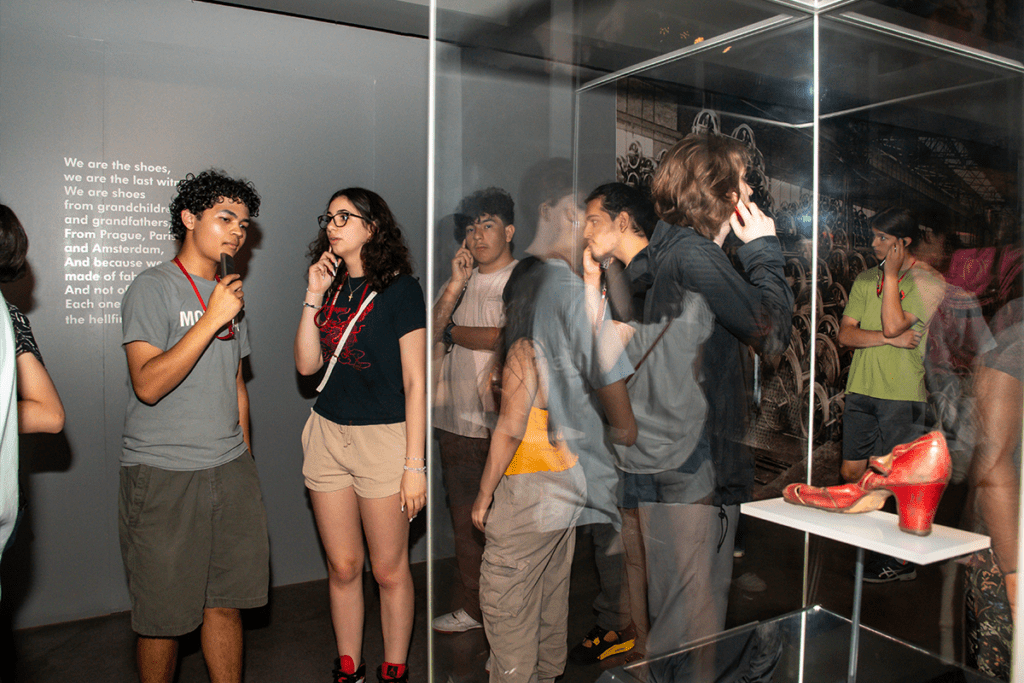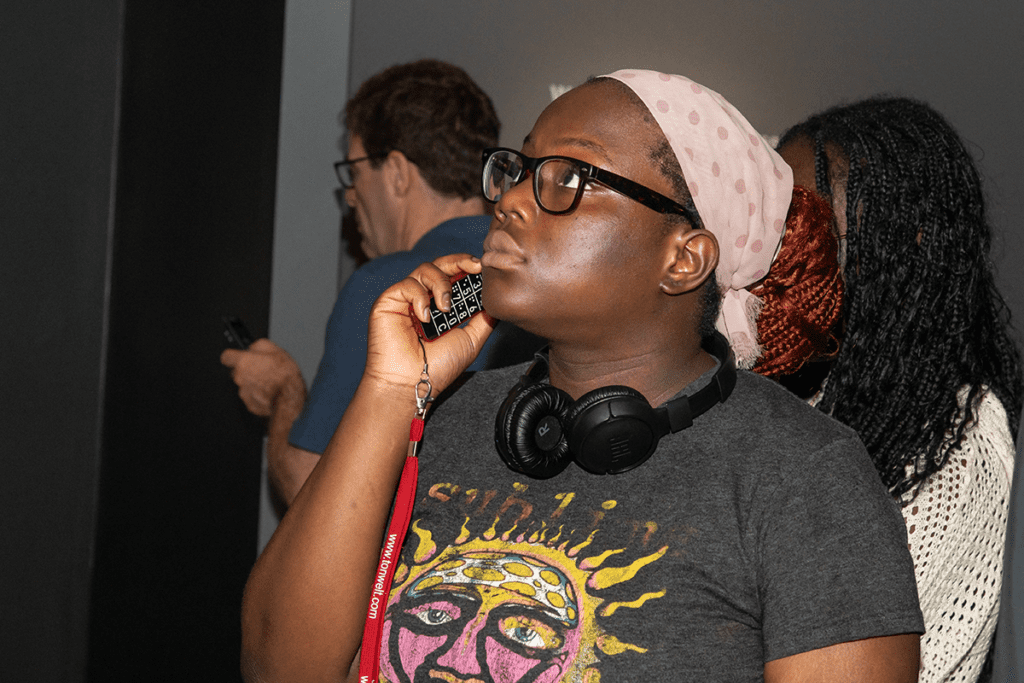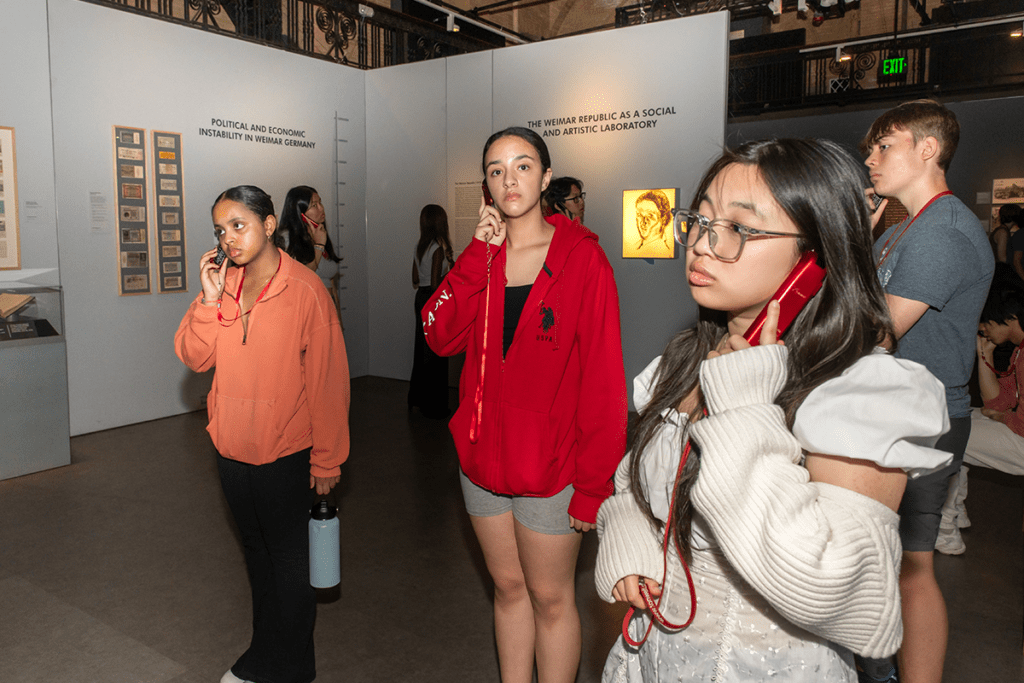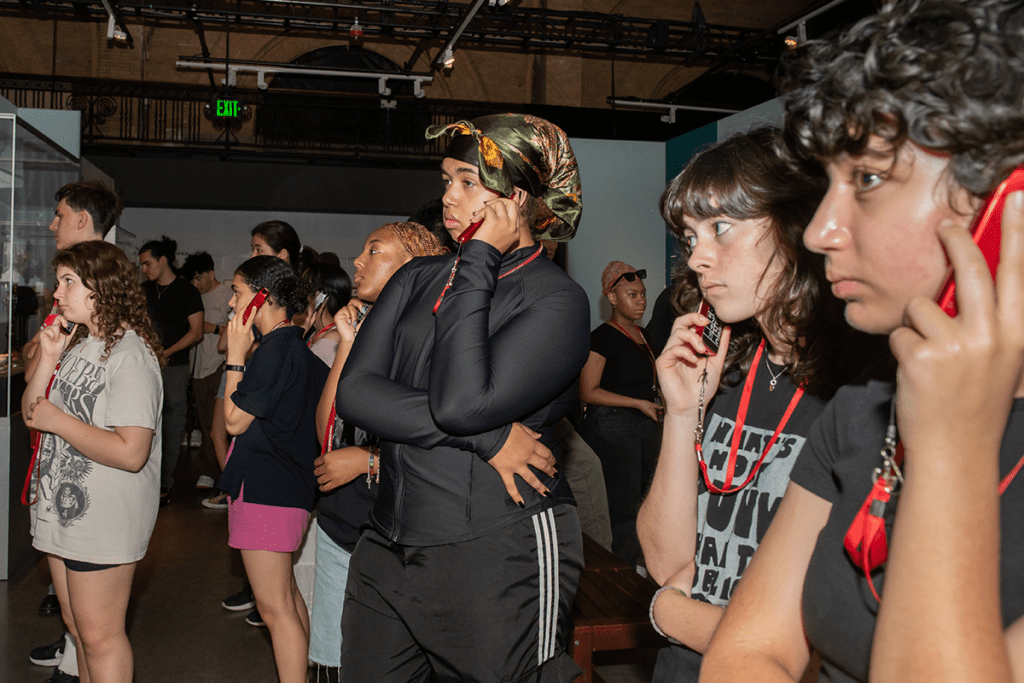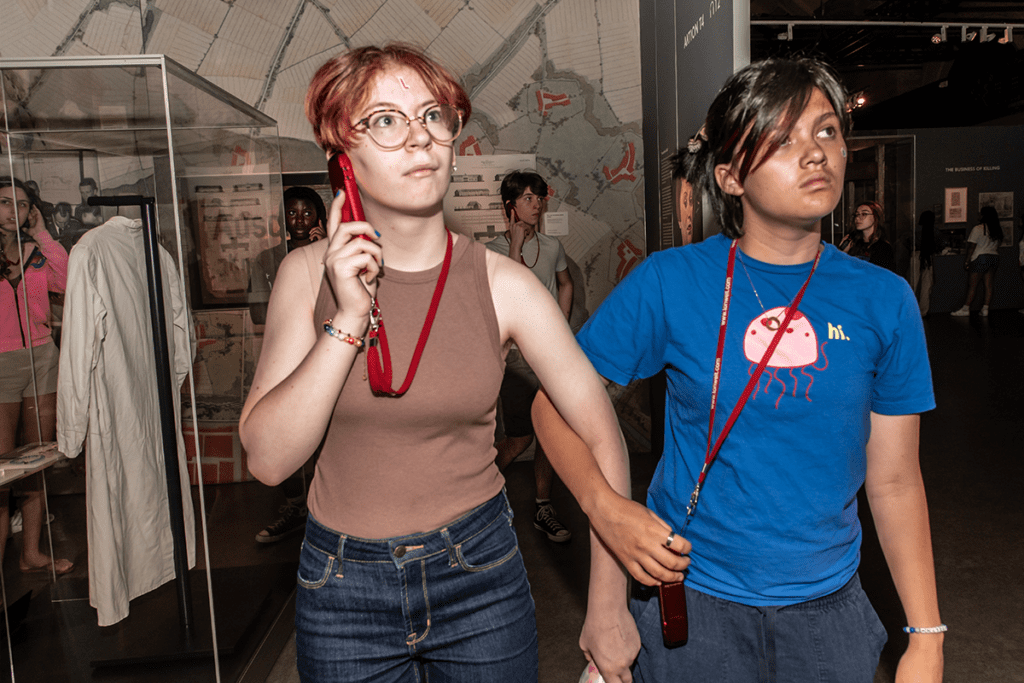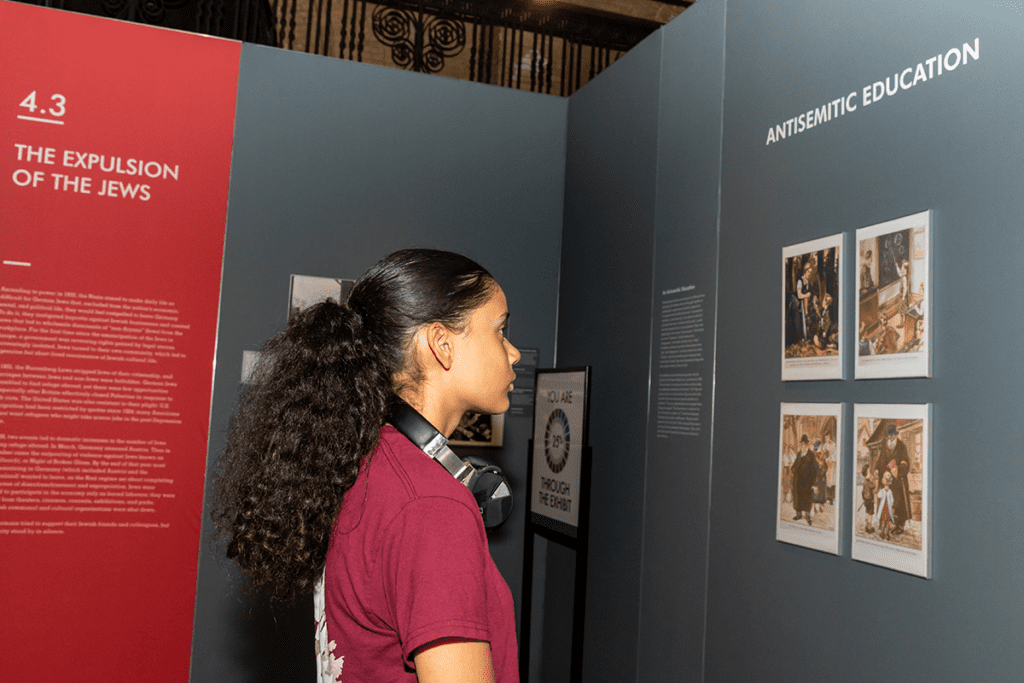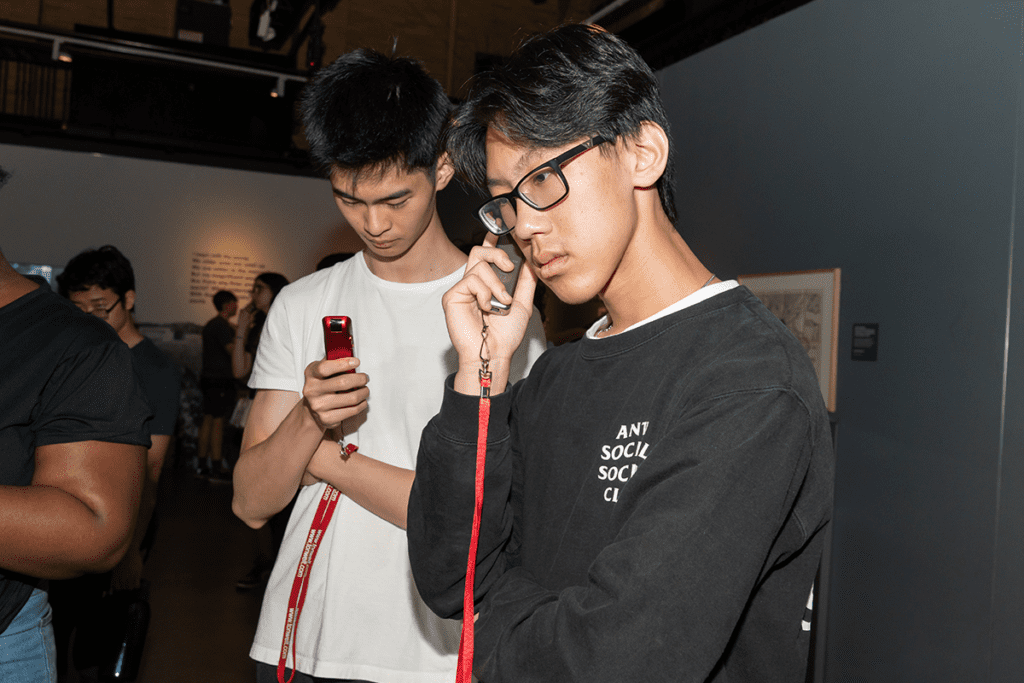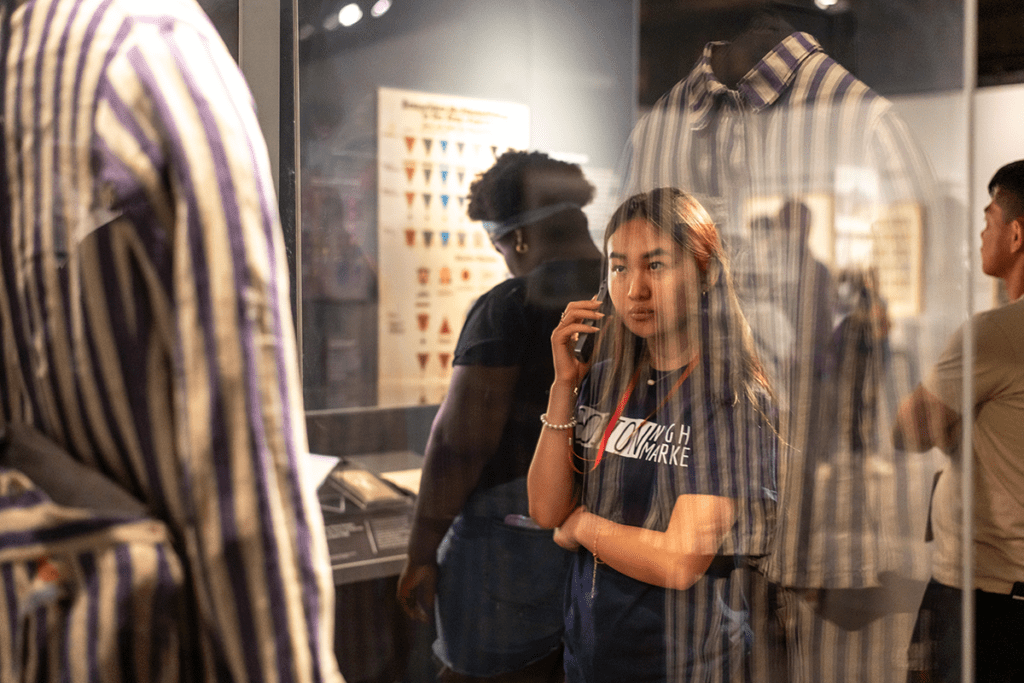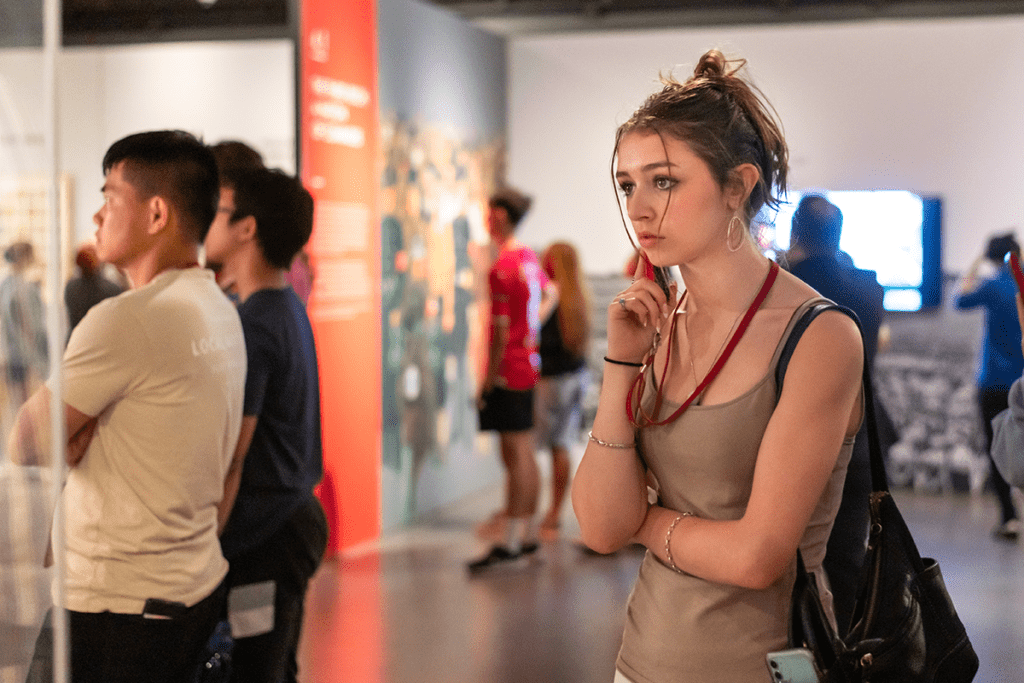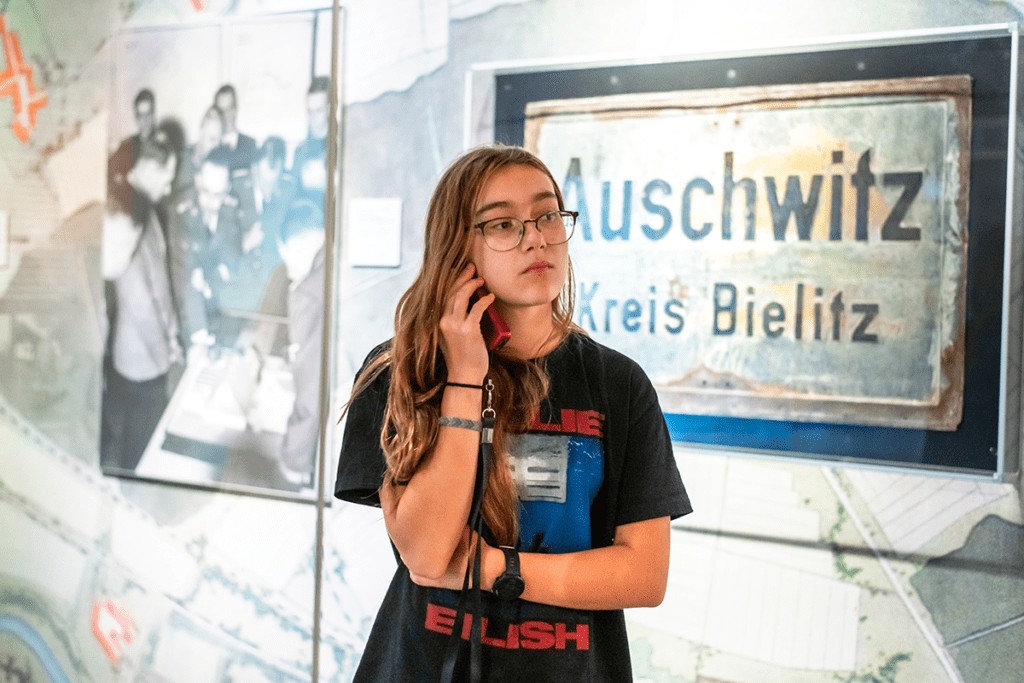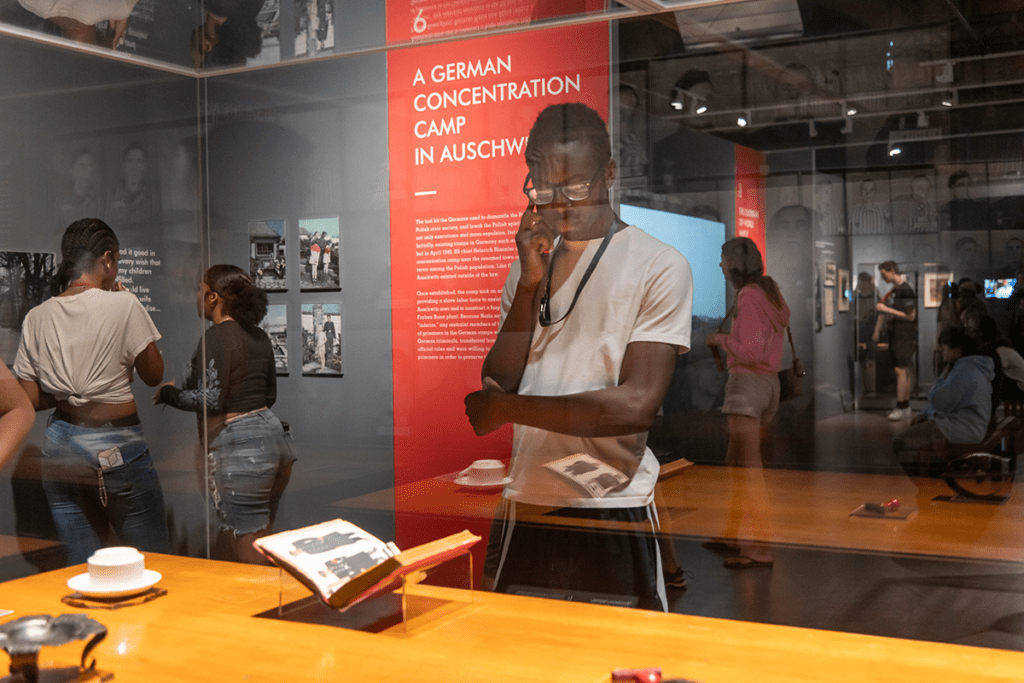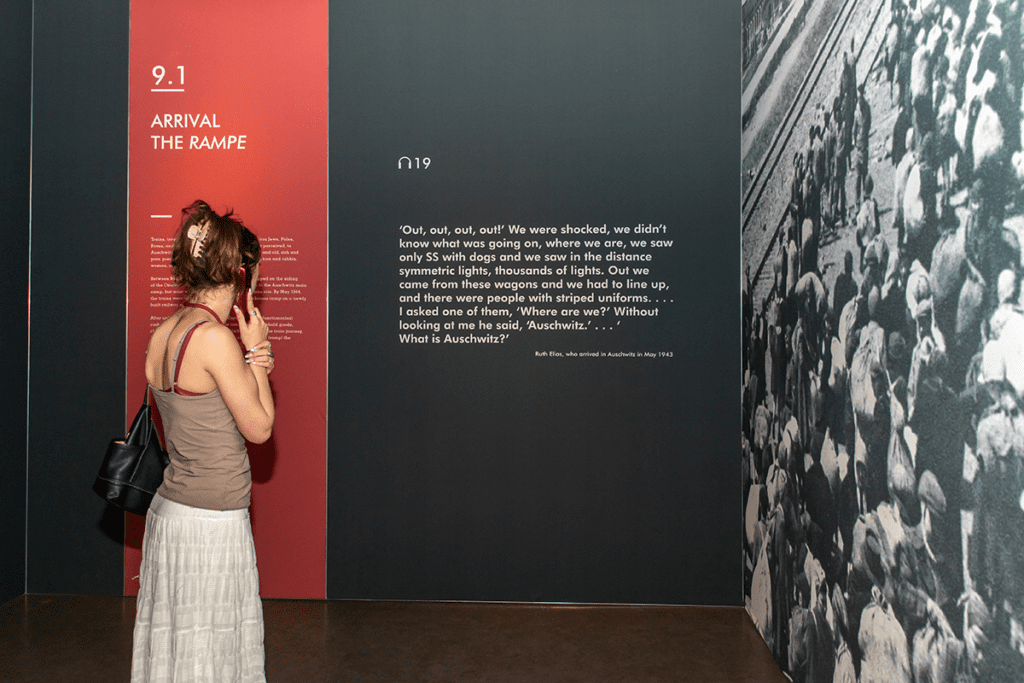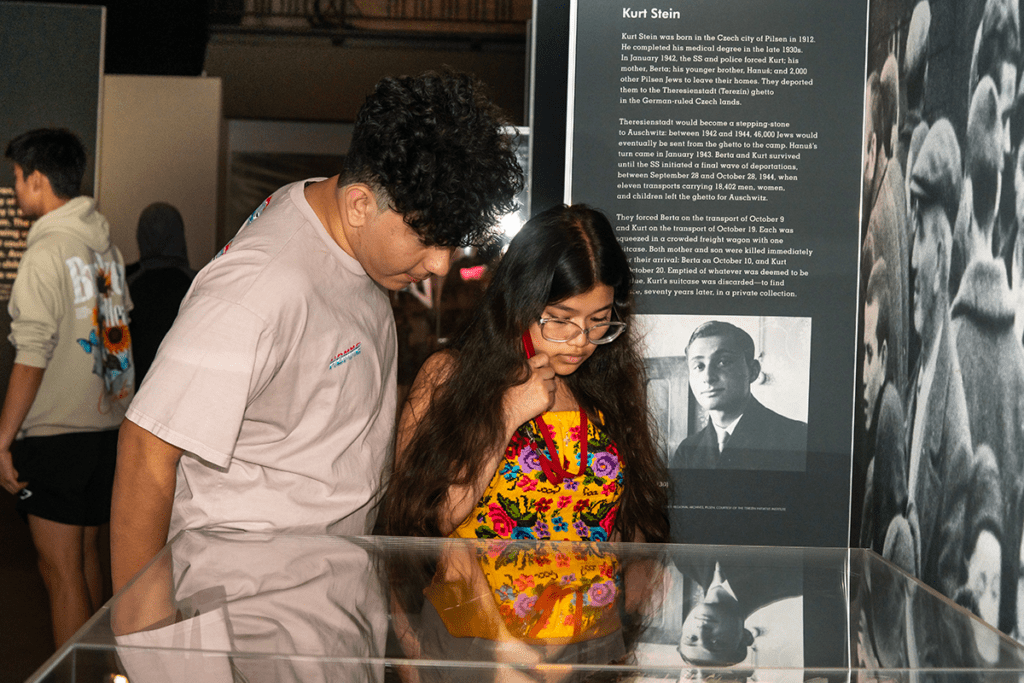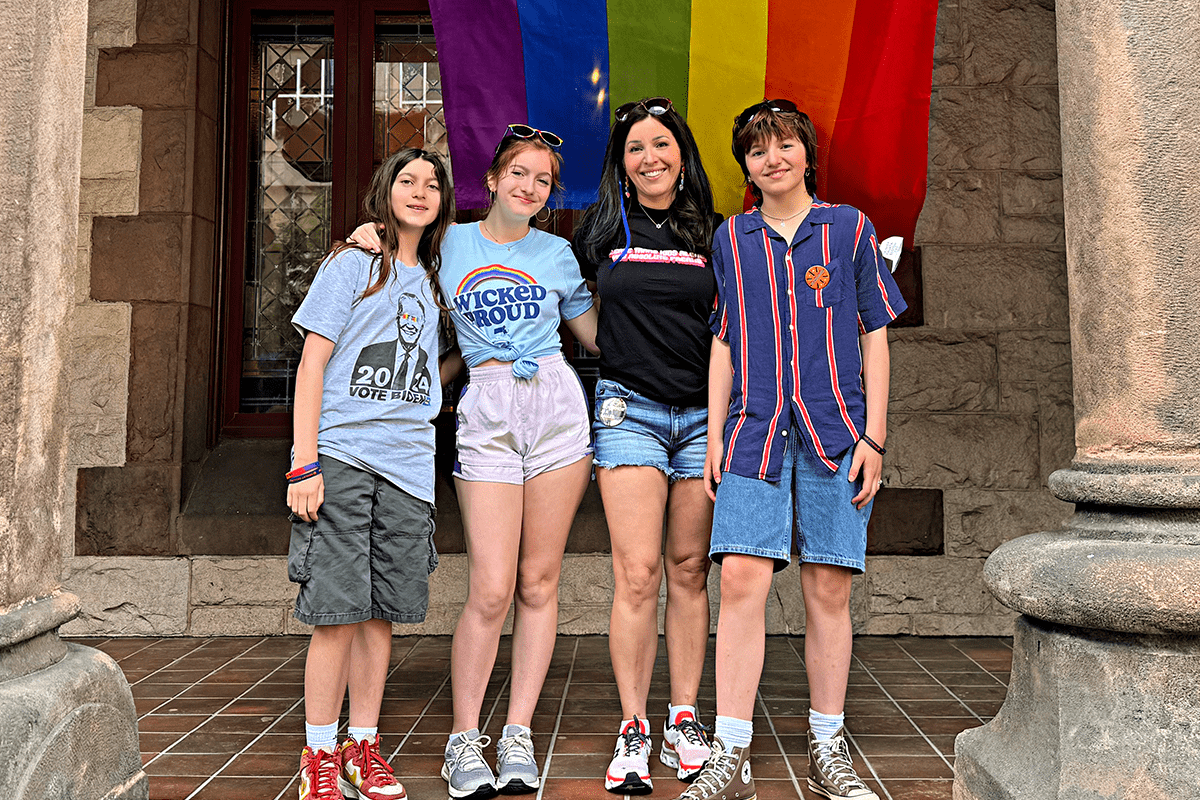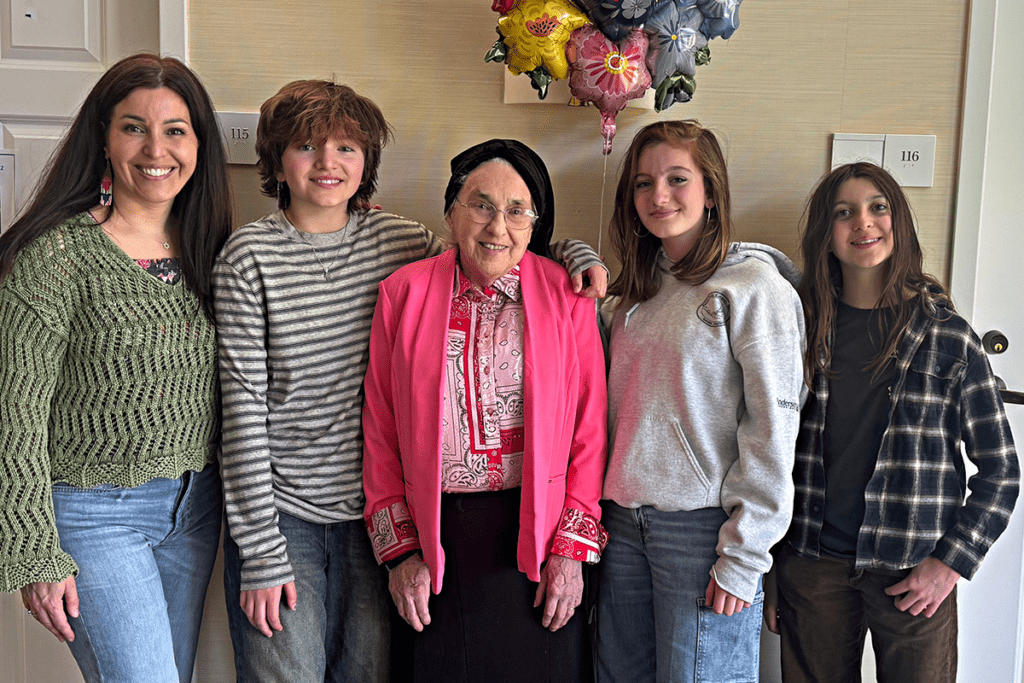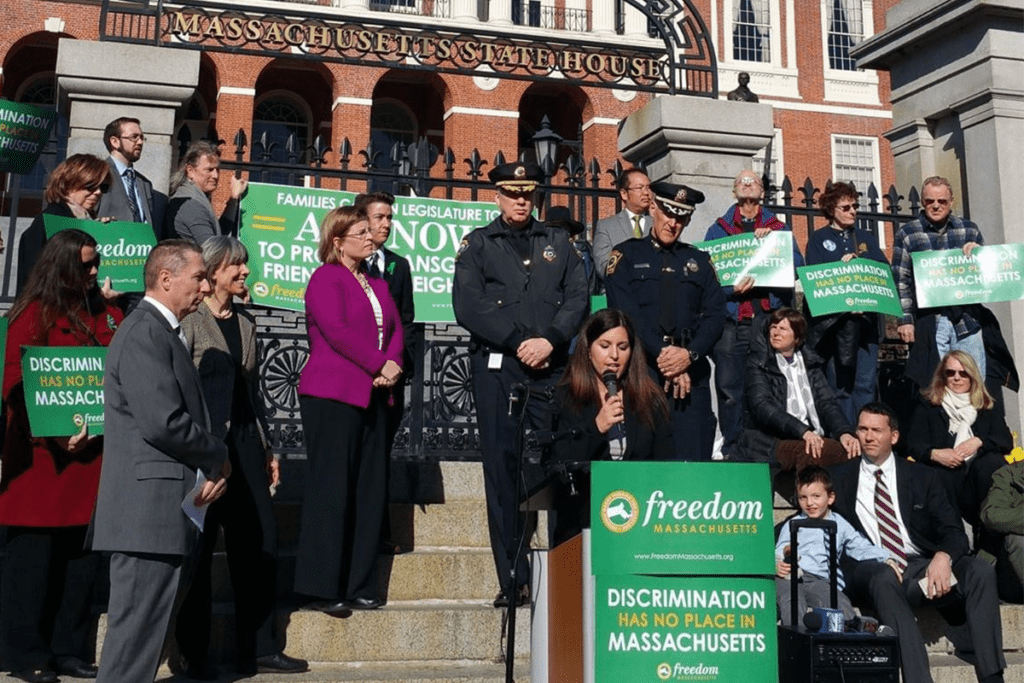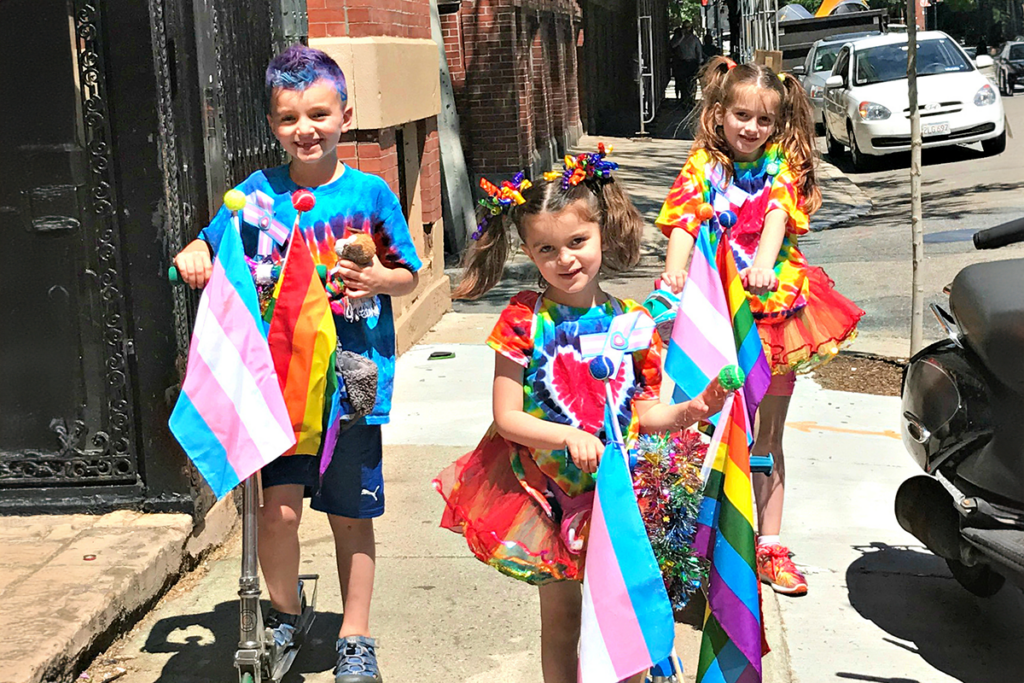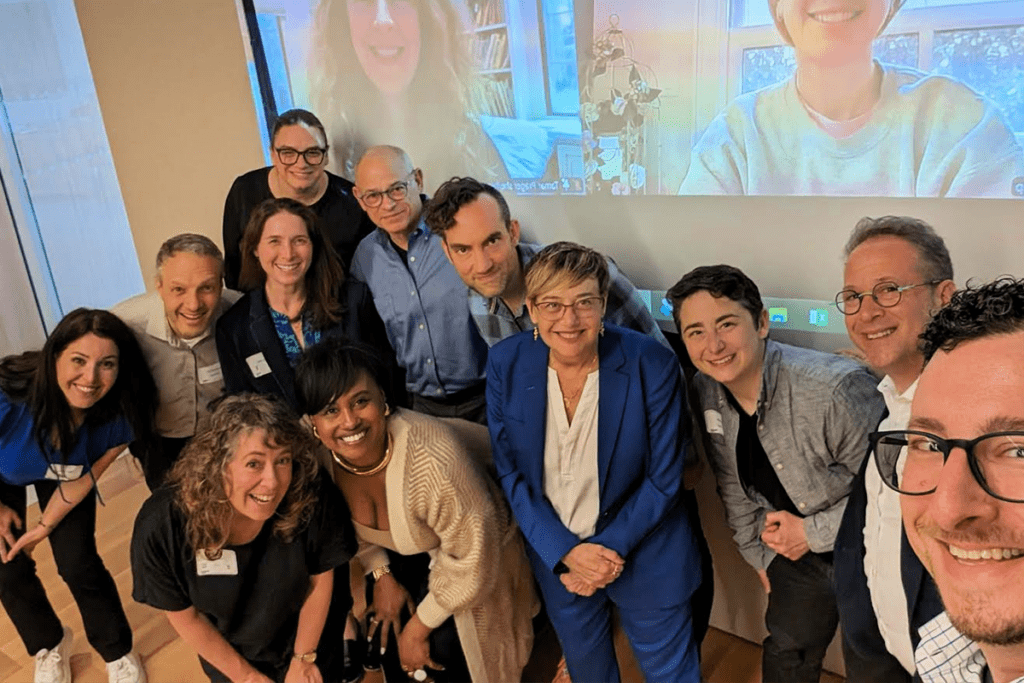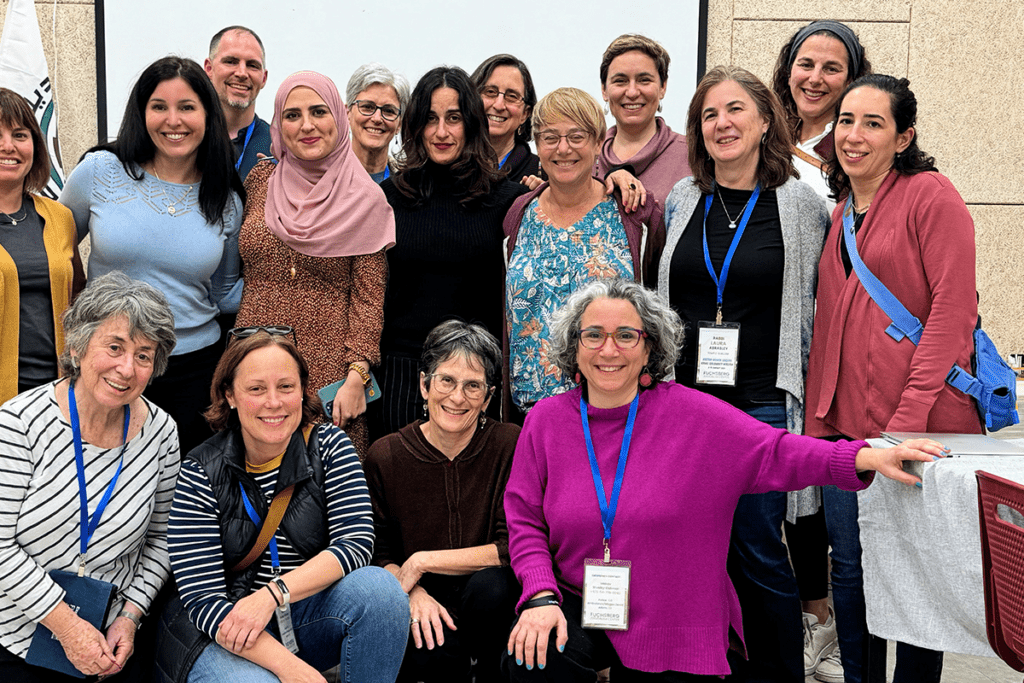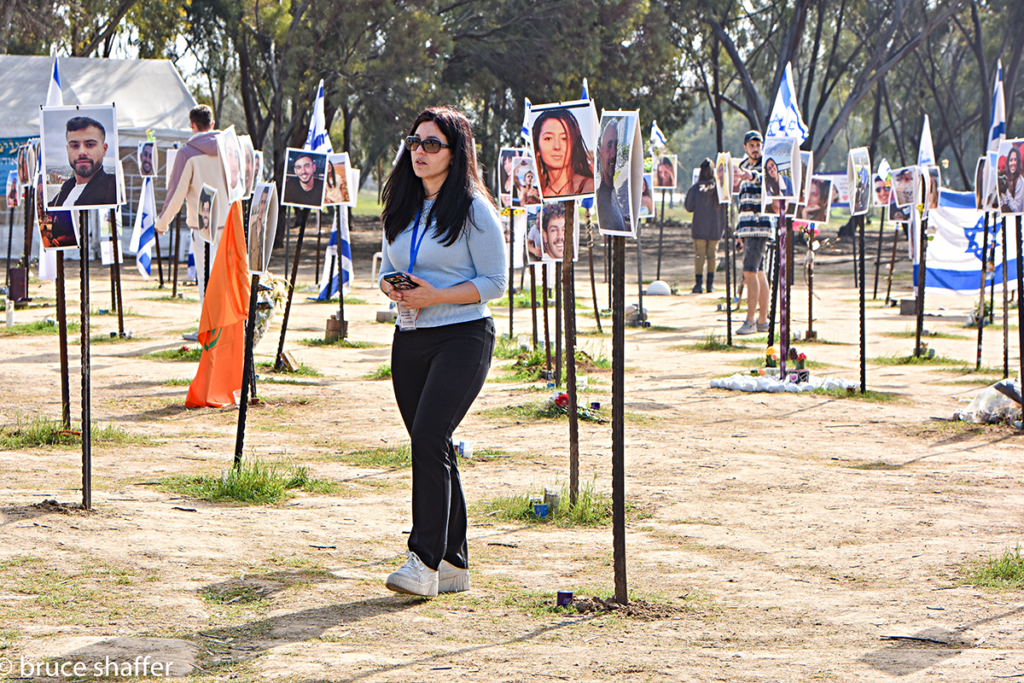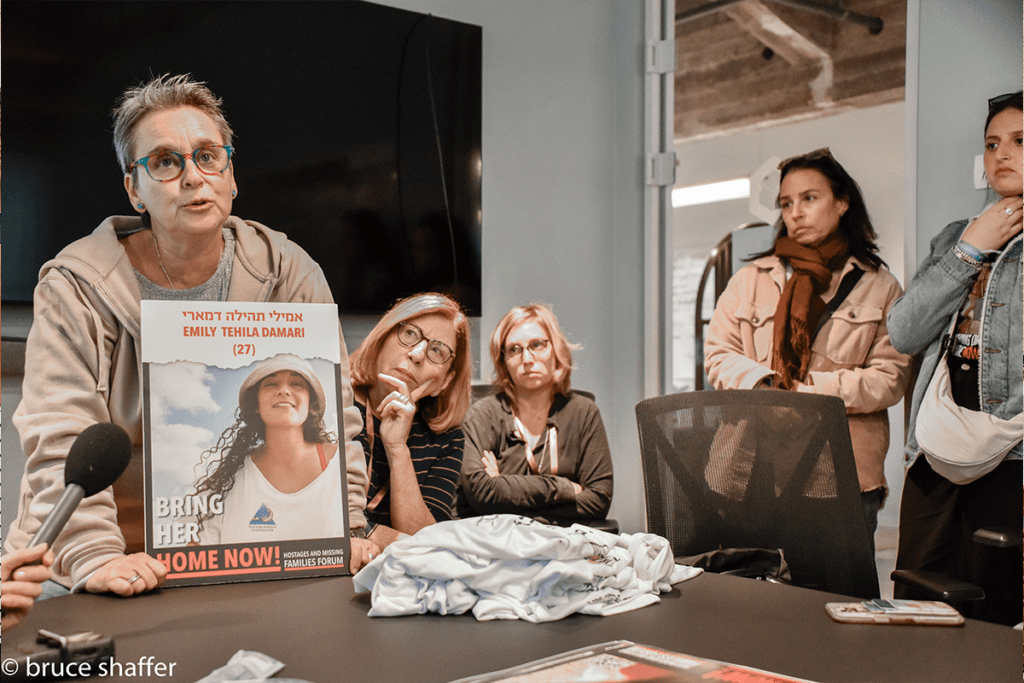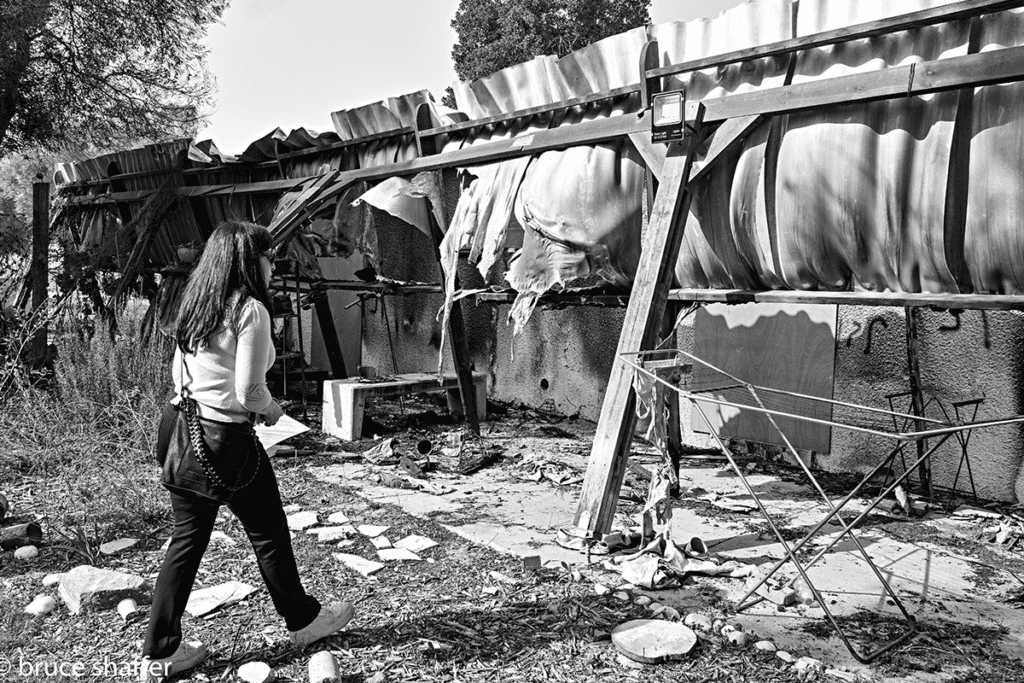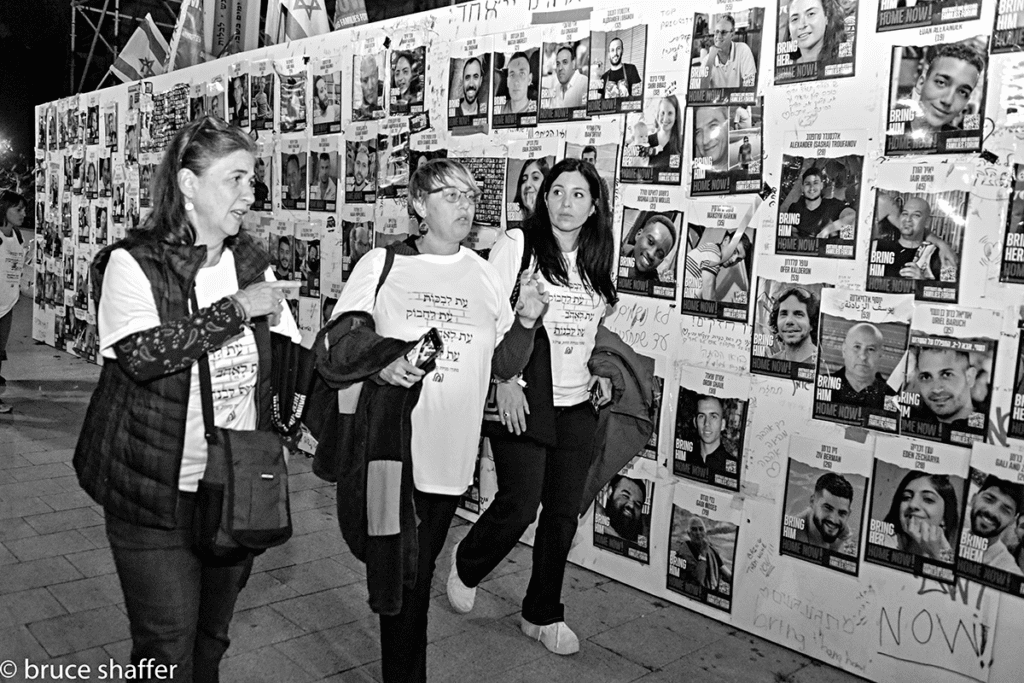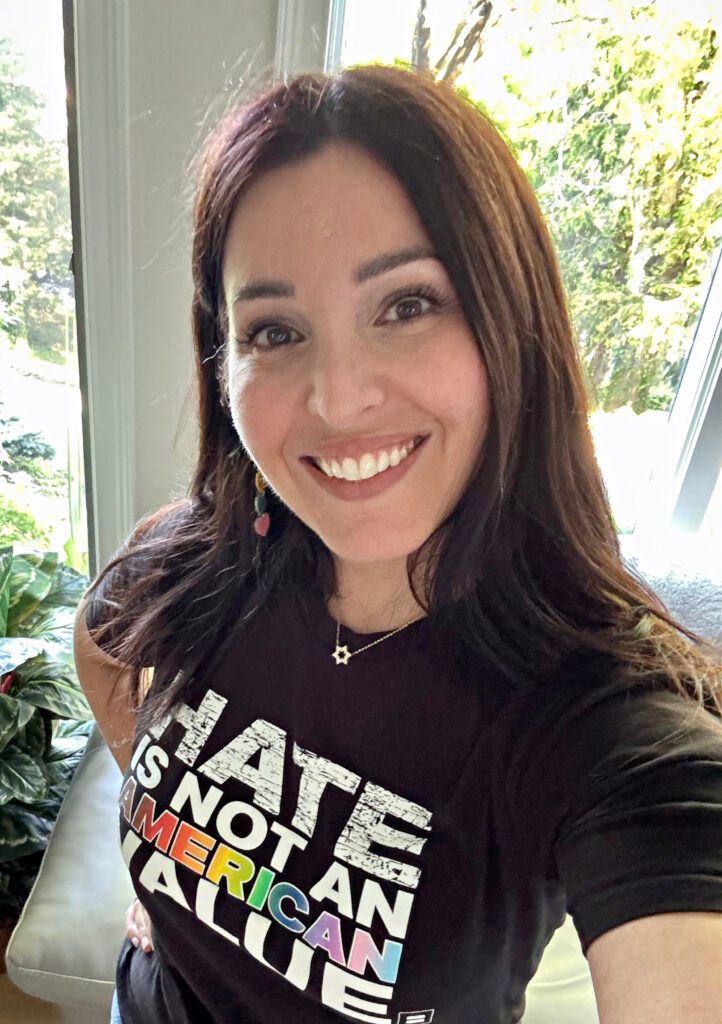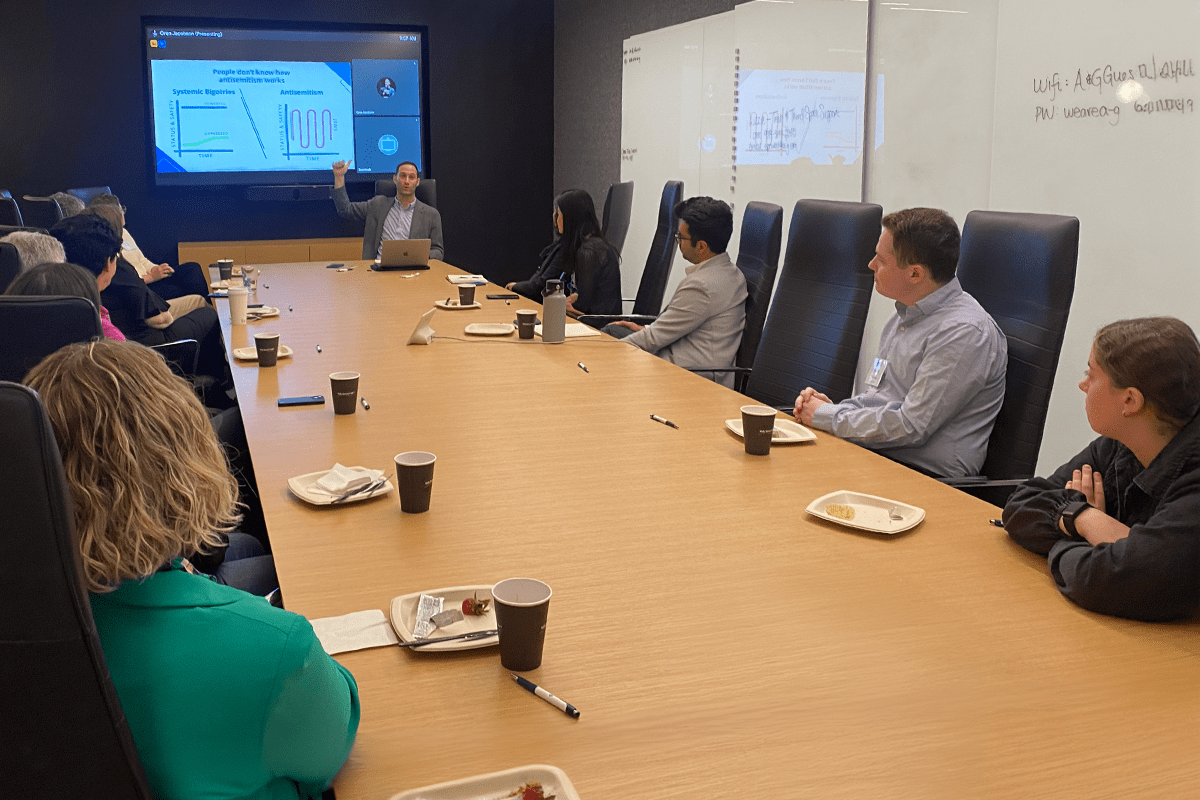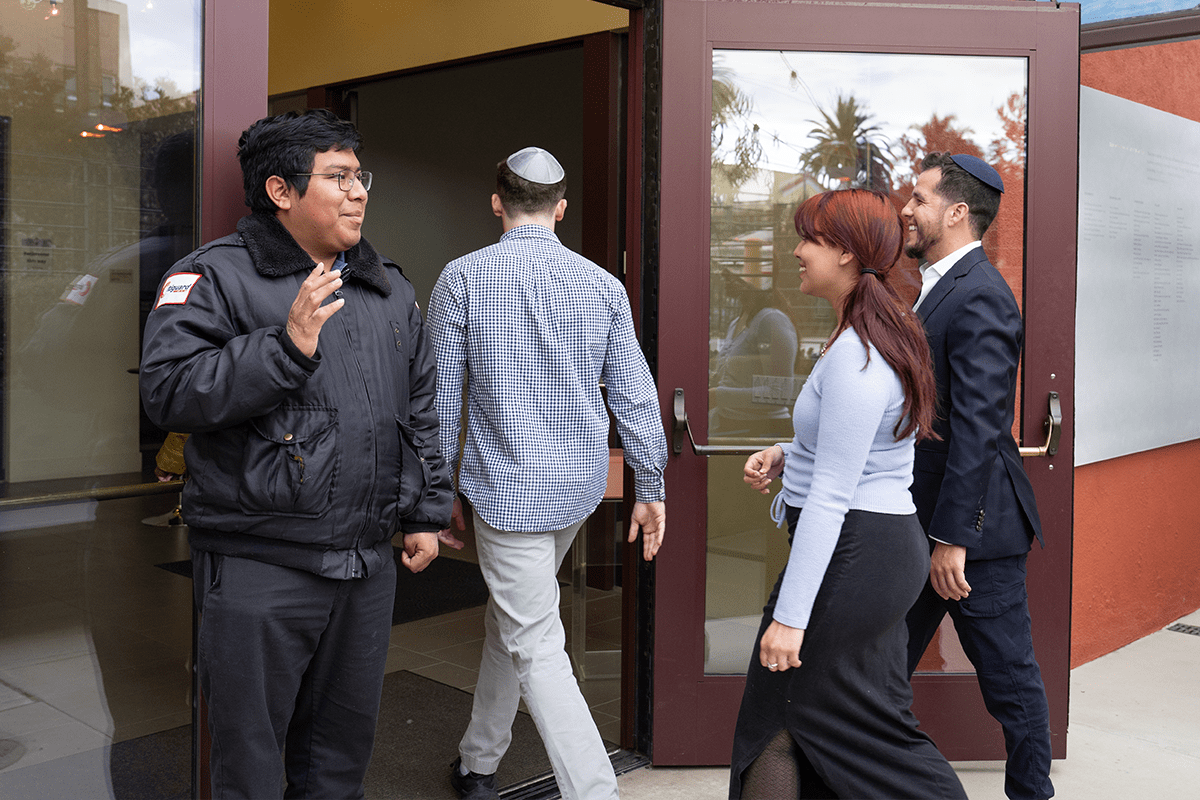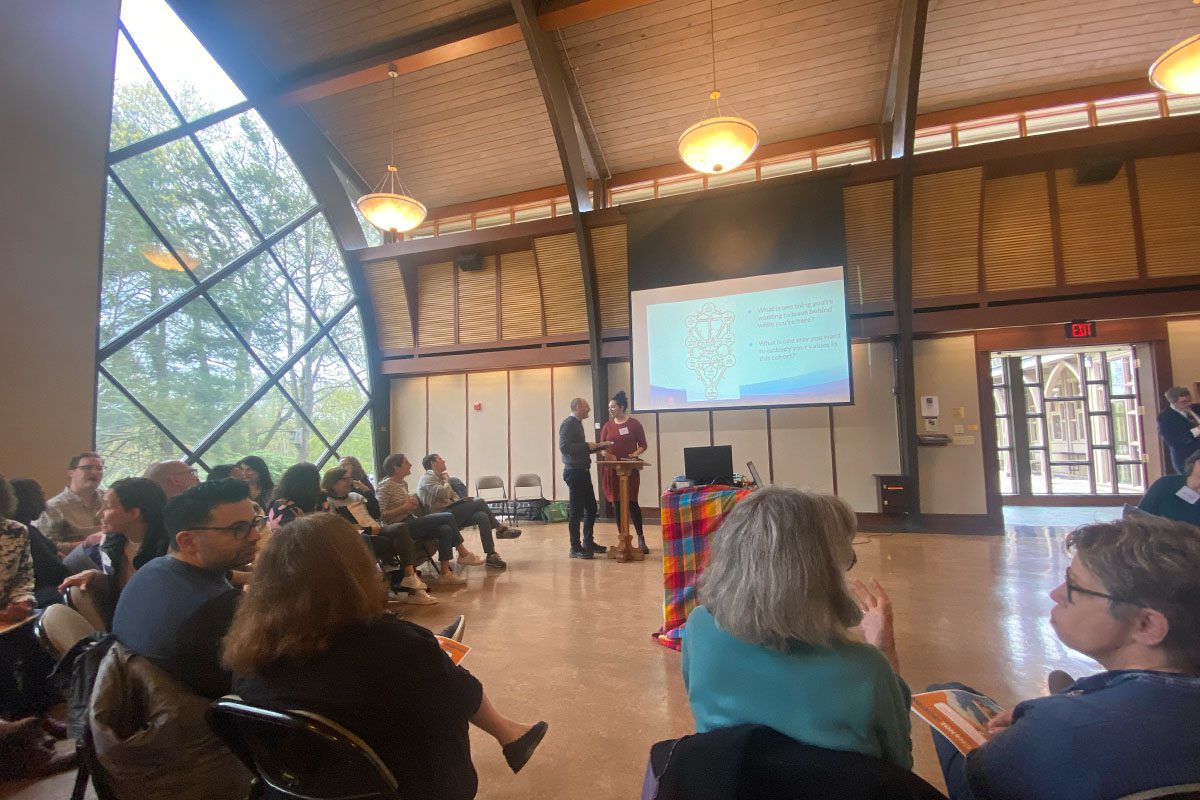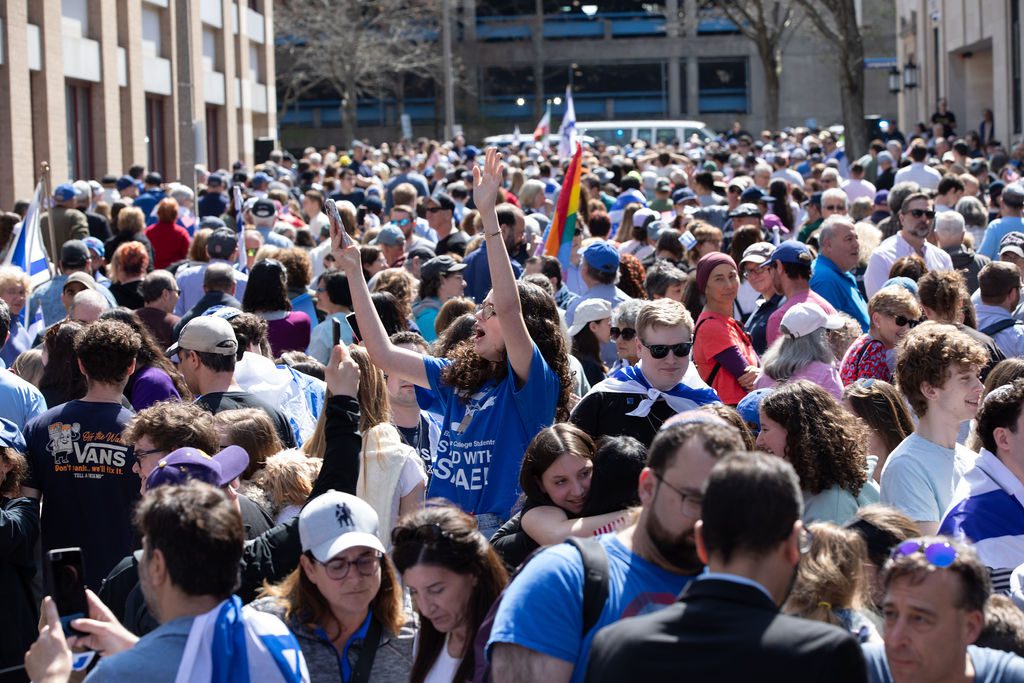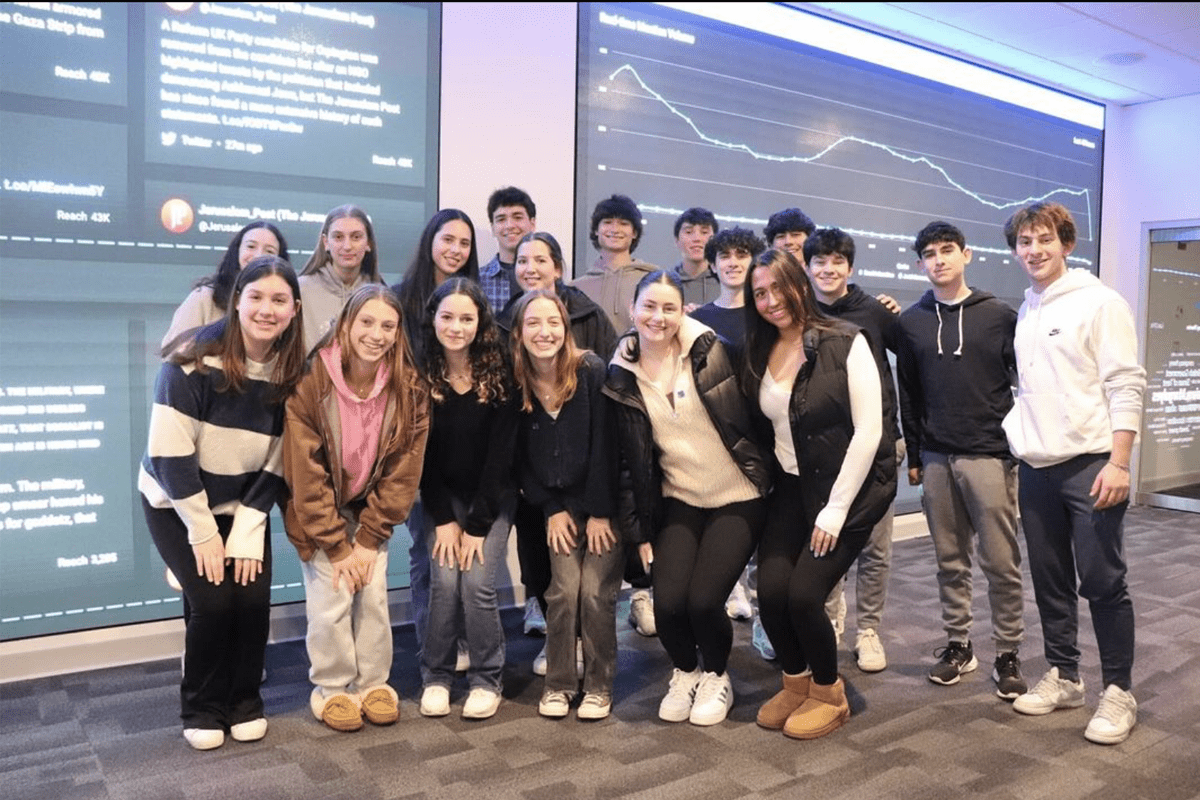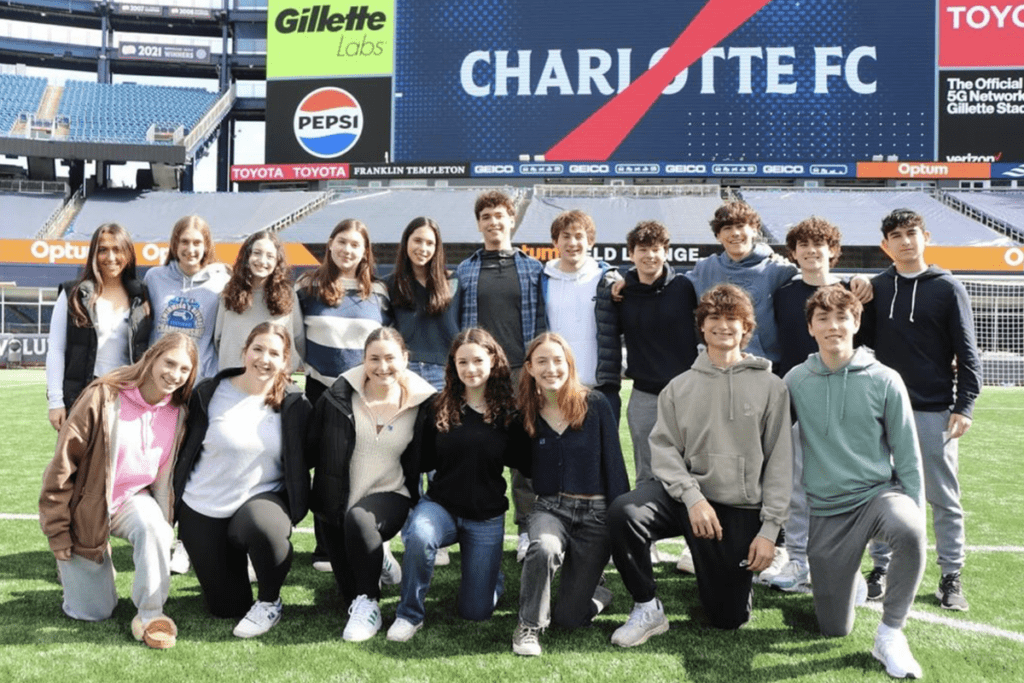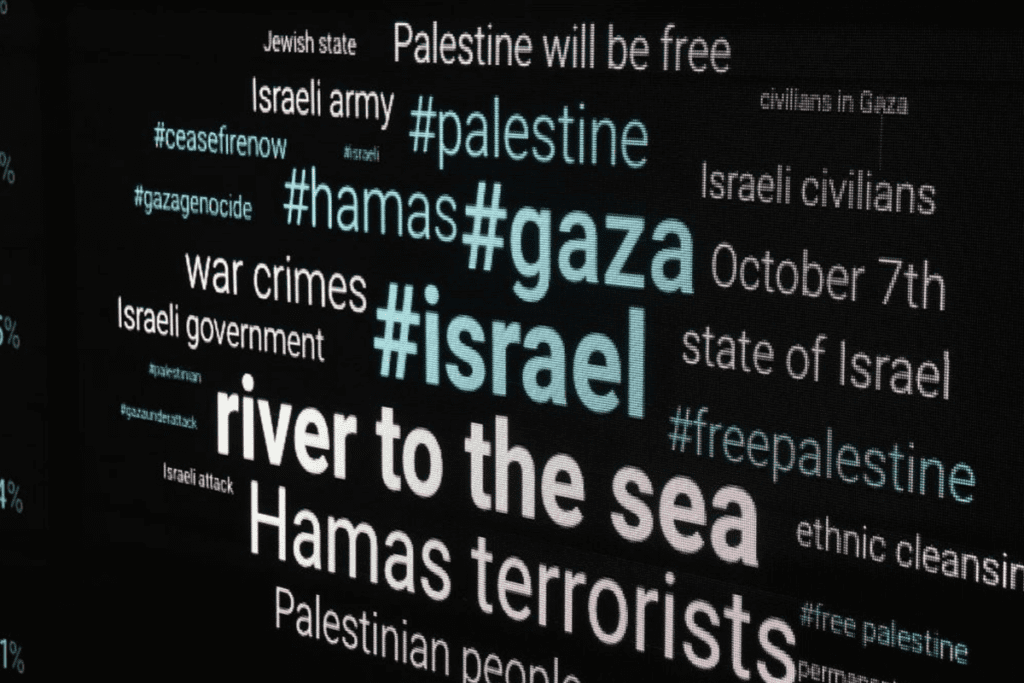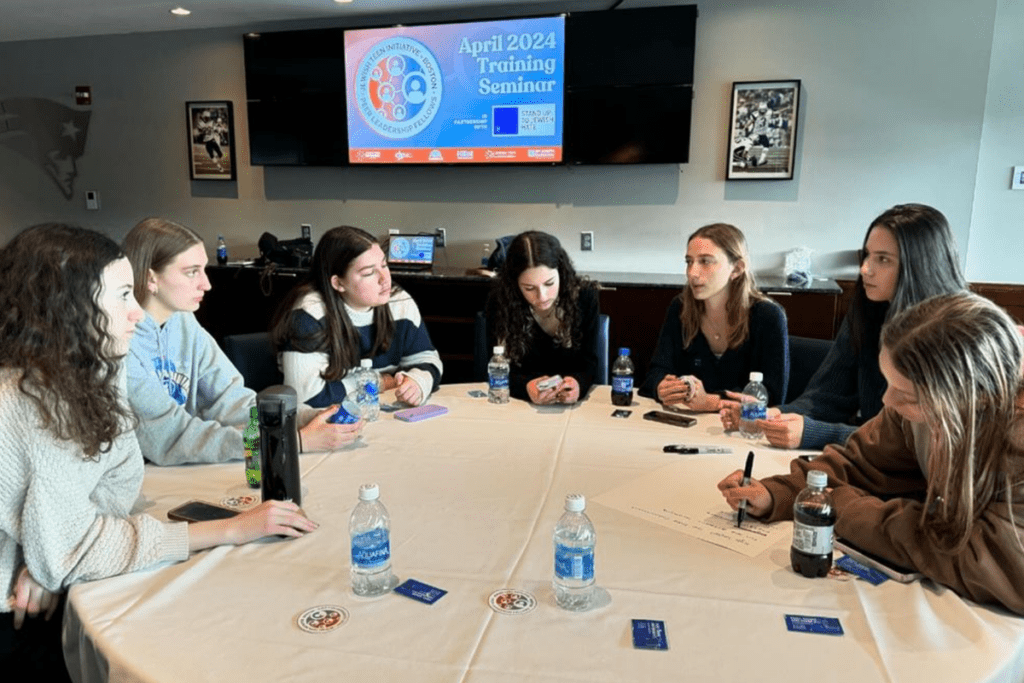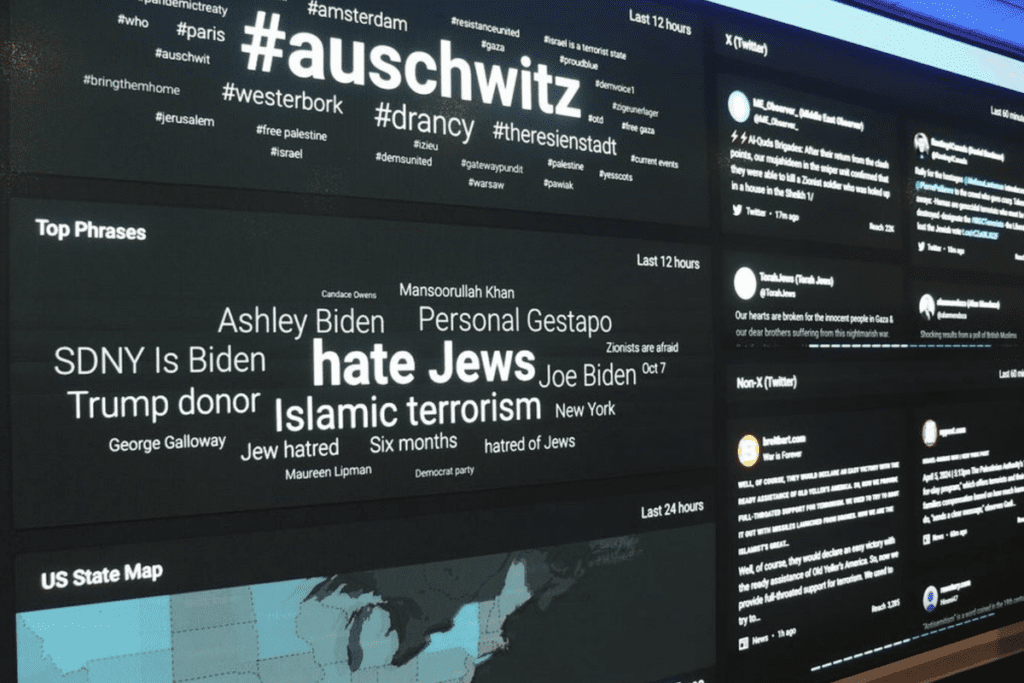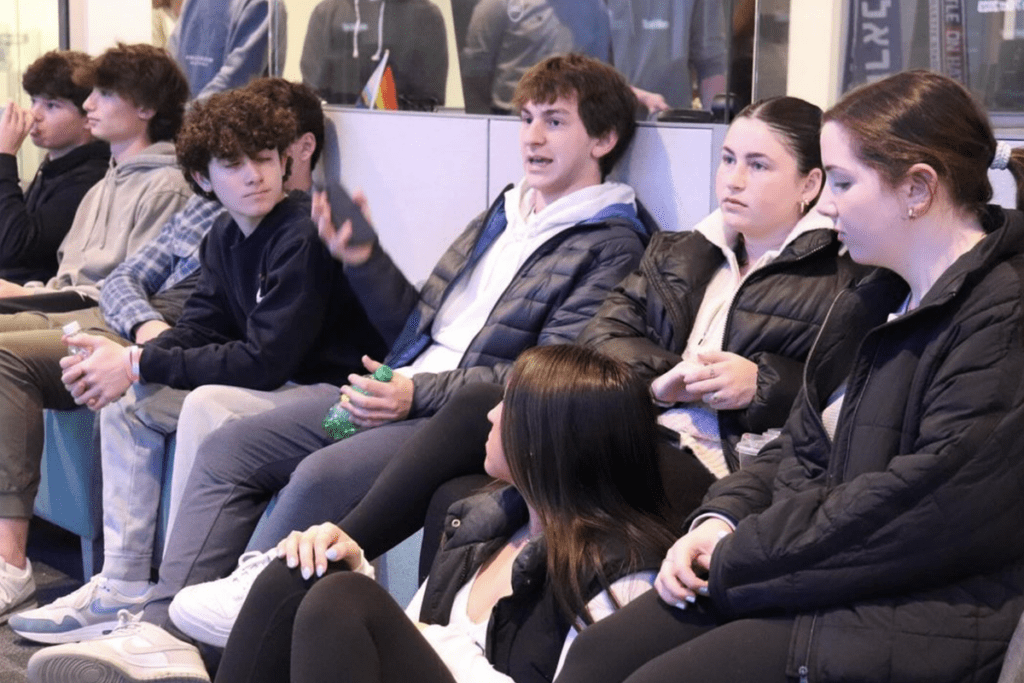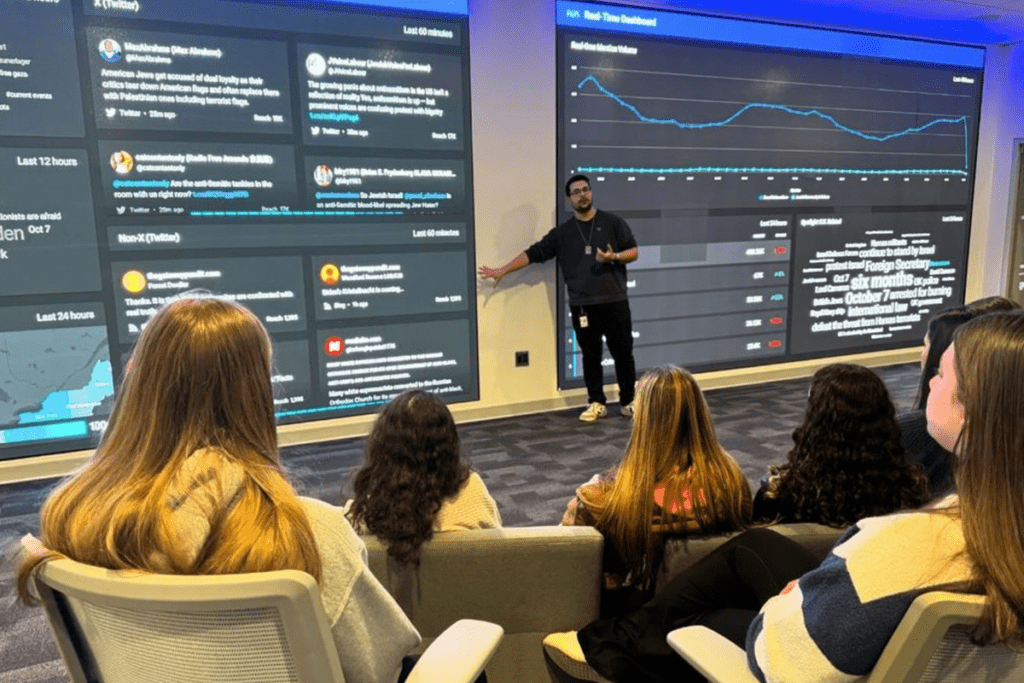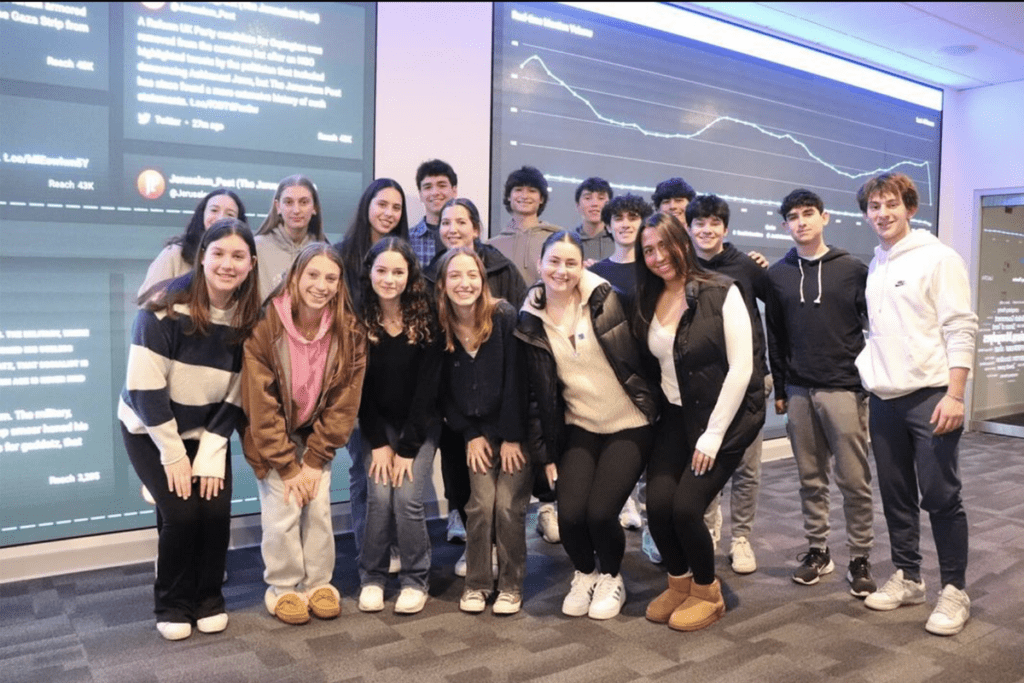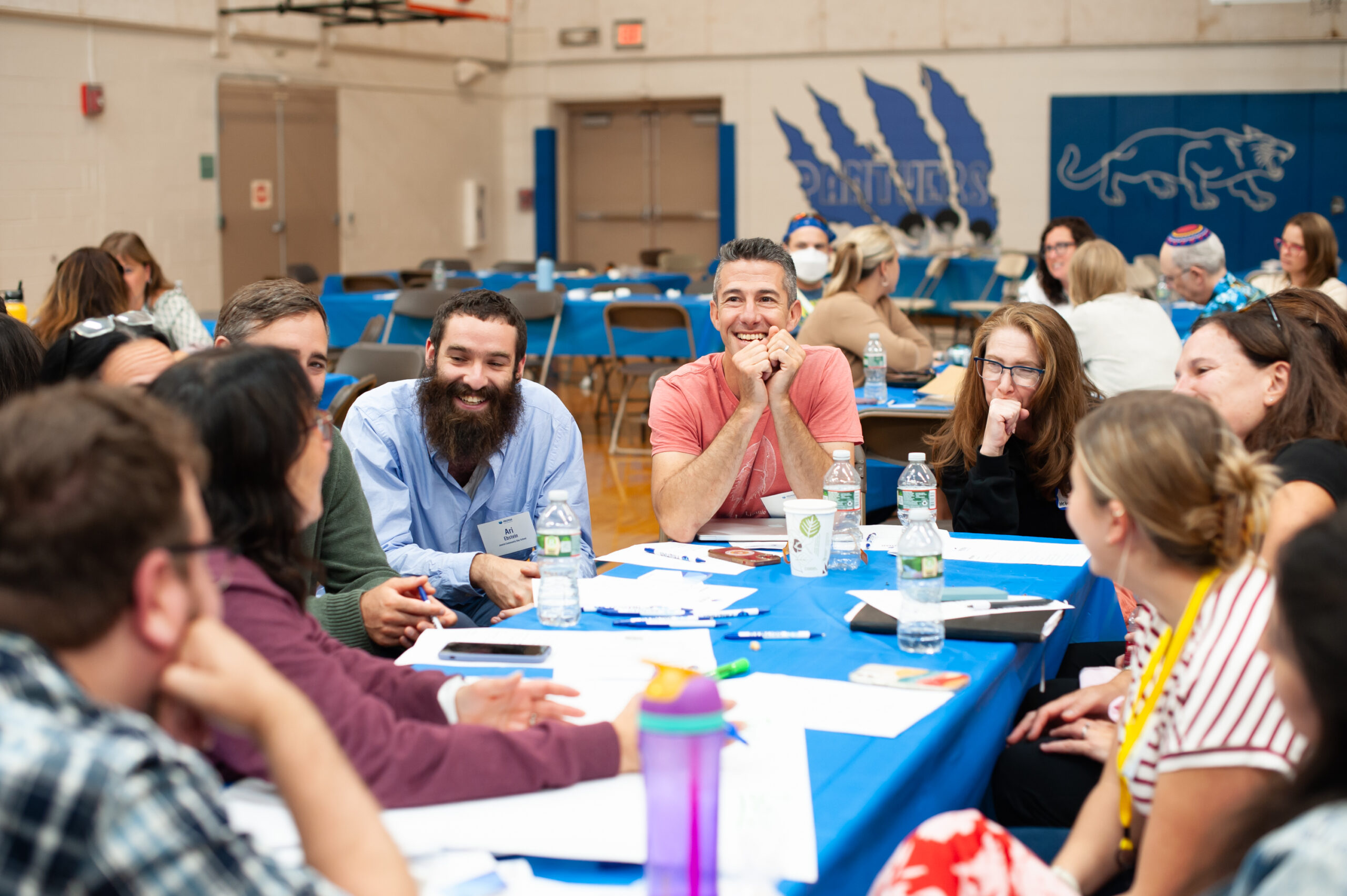On June 14, 70 sophomores and juniors from Boston Latin School visited the exhibition “Auschwitz. Not long ago. Not far away.” Melissa Garlick, CJP’s senior director of combating antisemitism and building civic engagement, shares why it’s so important that they visited in this moment of rising antisemitism. This visit marks 7,000 student exhibit tickets sponsored by CJP’s CCA.
Given the rise of antisemitism in the Greater Boston area and beyond (incidents of Jewish hate increased 189% in Massachusetts between 2022 and 2023 alone), the importance of remembering the Holocaust is more relevant than ever. In our efforts to educate the next generation on the severity of this tragic, not-so-distant history, these students explored the critical need to create a more equitable and inclusive future.
“My classmates and I were very moved by the experience, and it caused deep reflection and a new level of understanding surrounding the Holocaust.“
– Ben J., student at Boston Latin School
“The exhibit allowed me to reflect upon the Holocaust through the victims’ stories and share the events of the time in a way that all people could understand.“
– Vivien P., student at Boston Latin School
“The Auschwitz exhibit allowed for a lot of reflection about the past and gave human stories to help connect to. By connecting with the stories, it allowed me and my friends to understand my past and how fast hatred can turn into murder.“
– Zev, student at Boston Latin School
Read remarks from Melissa Garlick, CJP’s senior director of combating antisemitism and building civic engagement, to the Boston Latin School students:
I’m Melissa Garlick. I’m really excited to welcome you here from CJP’s Center for Combating Antisemitism, and we were really honored to sponsor 7,000 student tickets to this exhibit. I understand this is also the day of your junior prom this evening — so, quite a day to be here. I overheard someone say, “Should we be smiling?” And yes, this is a very heavy day, but I’m really smiling because you guys bring me so much hope today. So, thank you so much.
You’re going to be experiencing a lot of heaviness today, but what I really want you to do is to listen and experience the stories, with the voices and objects that you’re going to be hearing and seeing today.
Commit to retelling one of their stories to somebody else. Going forward, you are the voices of these stories that you’re going to be seeing and hearing today. This is not [something that happened] hundreds of years ago, this happened in my grandparents’ and their parents’ lifetime. So, this is really part of our story.
You’ll also be seeing that this is not just a Jewish story. We’re here during Pride Month, where we commemorate the LGBTQIA+ community that was similarly persecuted. This is a story, ultimately, of the fragility of democracy and what happens when a group is targeted and blamed for the perceived “ills” of society.
So, I hope that you’ll take these stories here today and bring them to your peers and loved ones and pass them along. Thank you so much again from the bottom of my heart.
CJP serves as a presenting sponsor for the exhibition “Auschwitz. Not long ago. Not far away.” throughout its stay in Boston.
(Photos: Ilene Perlman)


